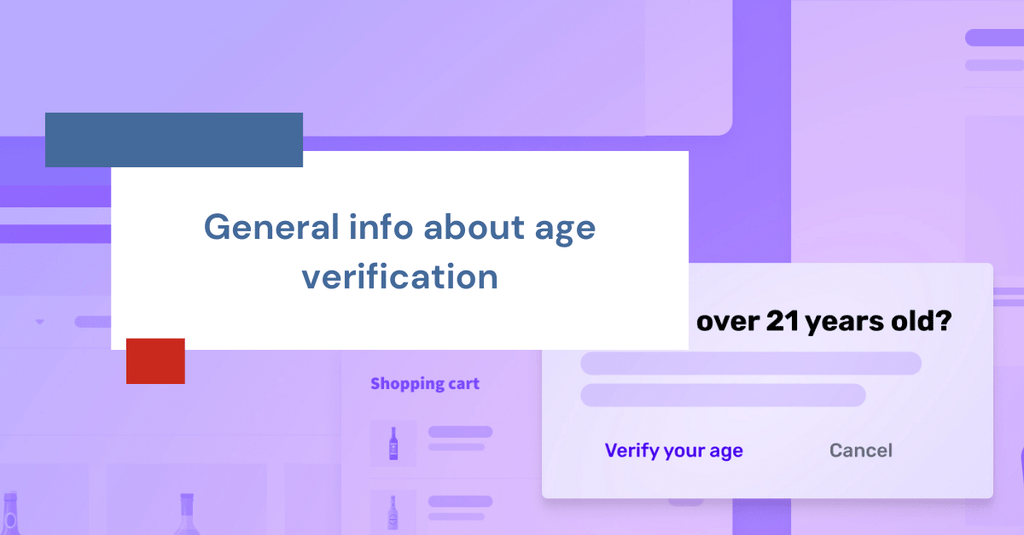Age verification is the process of confirming that an individual is of a certain age or older, typically for the purpose of complying with laws or regulations that set age limits on certain activities or products. Age verification methods are commonly used to enforce age-restricted access to websites, online content, or products, such as tobacco, alcohol, or gambling. It is also used to verify that an individual meets the minimum age requirements for employment or other legal purposes. For online stores, understanding how do online stores verify age is crucial to ensure compliance with these regulations.
There are several methods that can be used for age verification, including:
- ID scanning: As mentioned above, ID scanners can be used to capture information from government-issued identification documents, such as driver's licenses or passports, which typically include the date of birth of the individual. This information can be used to verify the age of the individual.
- Online verification: Some websites or online platforms offer age verification through third-party verification services that use databases or public records to confirm the age of the individual. This is a common approach when considering how does age verification work online.
- In-person verification: In some cases, age verification may be done in person, by requiring the individual to present a valid identification document or other proof of age. This method is commonly used in retail settings, such as liquor stores or tobacco shops.
It is important to note that the age verification process is subject to various privacy laws and regulations, and organizations that use age verification methods are required to handle personal information in a secure and responsible manner. Utilizing age verification technology and age verification software ensures that businesses remain compliant while protecting user data.

